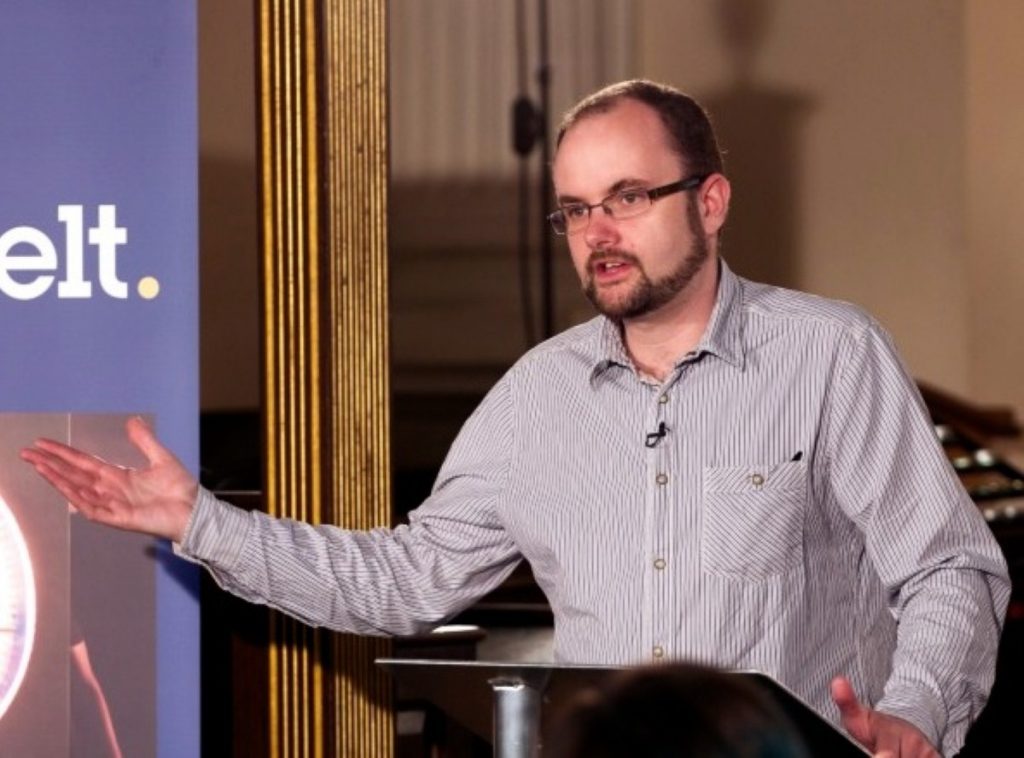Comment: Labour can’t avoid talking about Trident
By Symon Hill
You may have not have heard the name of Judith Kirton-Darling before last Sunday night. Shortly before 11pm, she became the first British MEP to be elected this year, taking the top spot in the North-East of England for Labour. Like a sizeable number of Labour activists, she is a firm opponent of the Trident nuclear weapons system.
Support is growing within Labour for the idea that the party should oppose the renewal of Trident. The decision is due in 2016. Tory ministers have pre-empted it by spending millions upgrading the Atomic Weapons Establishment in Berkshire. But in reality, this is far from a done deal.
Polls consistently show a majority of British voters opposed to Trident. Religious groups, including fairly middle-of-the-road churches, are speaking out against it. Protests at nuclear bases are increasing. Labour and the trades unions are split on the issue.


Will Ed Miliband have the courage to listen to the likes of Kirton-Darling – and the majority of the public – rather than senior Labour figures who are stuck in the 1980s?
Labour's dramatic defeat in 1983 – when the party was almost reduced to third place – still haunts people at the top of the party. As soon as anyone suggests that Labour oppose Trident, someone else will pop up to say that opposition to nuclear weapons lost them the 1983 election. This is doubtful, although it may well have played a part.
Many Labour figures remain beset by flashbacks to this 30-year-old defeat, assuming, Blair-like, that any move to the left will lose votes. Of course, many voters remember 1983, although the youngest people to have voted in that election will be 50 when the country goes to the polls next year. Voters under 32 will not even have been alive in 1983. The world, Brtain and public opinion have changed, but Labour's cheerleaders for Trident don't seem to have noticed.
Public opinion is now well to the left of the three main party leaders on issues such as rail renationalisation and energy ownership. There was widespread public opposition to David Cameron's plan for bombing Syria. The Iraq invasion, along with the end of the Cold War and a changing economy, have altered attitudes to 'defence' policy.
Public opposition to Trident renewal reached a record 79% in a Guardian poll published last month. Only weeks after the last general election, a Mail on Sunday poll showed that 63% of people in the UK supported scrapping Trident to reduce the deficit.
Trident's supporters are failing to convince the public with their rhetoric about 'Britain's independent deterrent'. Trident is not British, it's not independent and it's not a deterrent. It relies on US technical support. While the warheads and submarines are built in Britain, the missiles are loaned from the US. Whether or not Trident deterred the USSR in the 1980s, it does not deter suicide bombers on the tube. Nor will it prevent the biggest security threat of our age, the prospect of runaway climate change.
If Trident is not deterring an attack, it can only 'work' if it is used, causing the deaths of millions. History shows again and again that the build-up of arms makes war more likely, not less. This should be particularly clear as we mark the centenary of World War One.
With British food banks serving around a million people in a year and poverty spiralling out of control, some of Britain's poorest people may feel under attack from their own government rather than a foreign power. Trident renewal is expected to cost as much as £100 billion. Ed Miliband and his colleagues would gain more votes than they lost by promising to find a better use for this money.
If Scotland votes No to independence, the prominence of Trident in the independence debate will ensure it continues to be an issue north of the border. If Scotland votes Yes, Trident will become a major political issue in the UK, as the Tories panic about where they can base the submarines. As the election approaches, direct action will almost certainly become more frequent, both at the Faslane nuclear base and at the Atomic Weapons Establishment in Aldermaston and Burghfield. Labour can't get away from talking about Trident.
This leaves Ed Miliband with a choice. Will he fall back on the default Labour leaders' position of fearing the past? Or will he show the courage he displayed when he voted against the bombing of Syria, recognise that public opinion has changed and speak up for the real security of the British people?
Symon Hill is a Christian writer and activist. His books include The No-Nonsense Guide to Religion and Digital Revolutions: Activism in the internet age, both published by New Internationalist
The opinions in politics.co.uk's Comment and Analysis section are those of the author and are no reflection of the views of the website or its owners.









